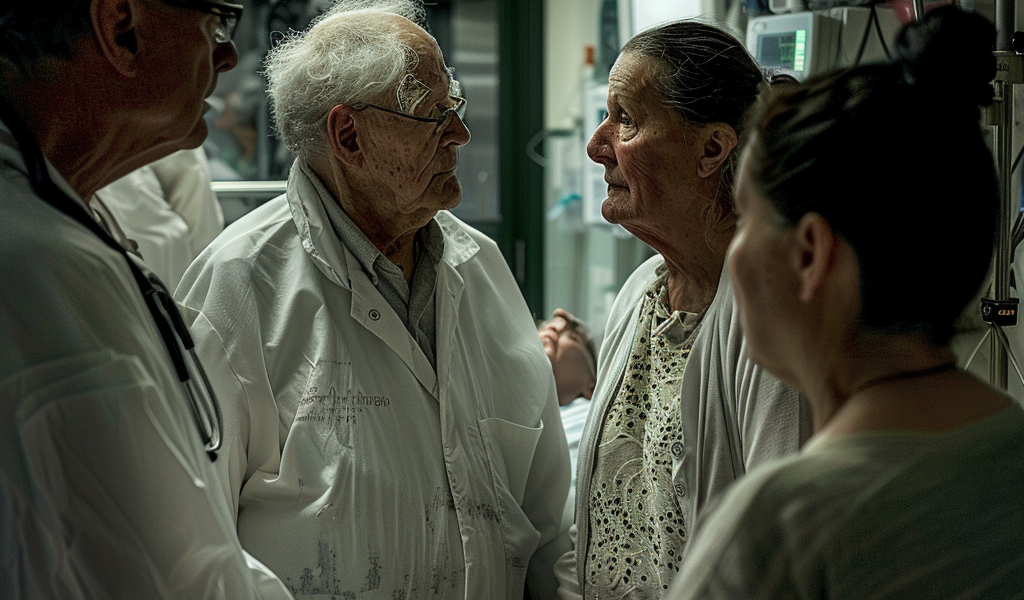According to a study published online in JAMA Internal Medicine, inappropriate diagnosis of community-acquired pneumonia (CAP) in hospitalized adults is common, especially among older adults and those with dementia. The study, conducted by Ashwin B. Gupta, M.D., and colleagues from the VA Ann Arbor Healthcare System in Michigan, involved a prospective cohort study across 48 Michigan hospitals.
The researchers found that 12.0 percent of the 17,290 hospitalized patients treated for CAP met criteria for inappropriate diagnosis, and of these, 87.6 percent received full antibiotic courses. It was observed that patients inappropriately diagnosed were older and more likely to have dementia or altered mental status on presentation compared with patients with CAP.
Notably, the study revealed that the 30-day composite outcomes for full versus brief antibiotic treatment did not differ among those inappropriately diagnosed. However, full antibiotic treatment was associated with antibiotic-associated adverse events, highlighting the importance of balancing the harms of underdiagnosis and overdiagnosis of CAP.
The authors emphasized that the risks of inappropriate diagnosis are not uniform across populations, with highly vulnerable groups being at the highest risk. These vulnerable populations are also most likely to be affected by antibiotic-associated adverse events and resulting morbidity, underscoring the essential need to balance the harms of underdiagnosis and overdiagnosis of CAP.
This study sheds light on the prevalence of inappropriate diagnosis of pneumonia in hospitalized adults, particularly among older patients and those with dementia or altered mental status on presentation. The findings underscore the importance of accurate diagnosis and appropriate antibiotic treatment to minimize the risks associated with both underdiagnosis and overdiagnosis of CAP.





